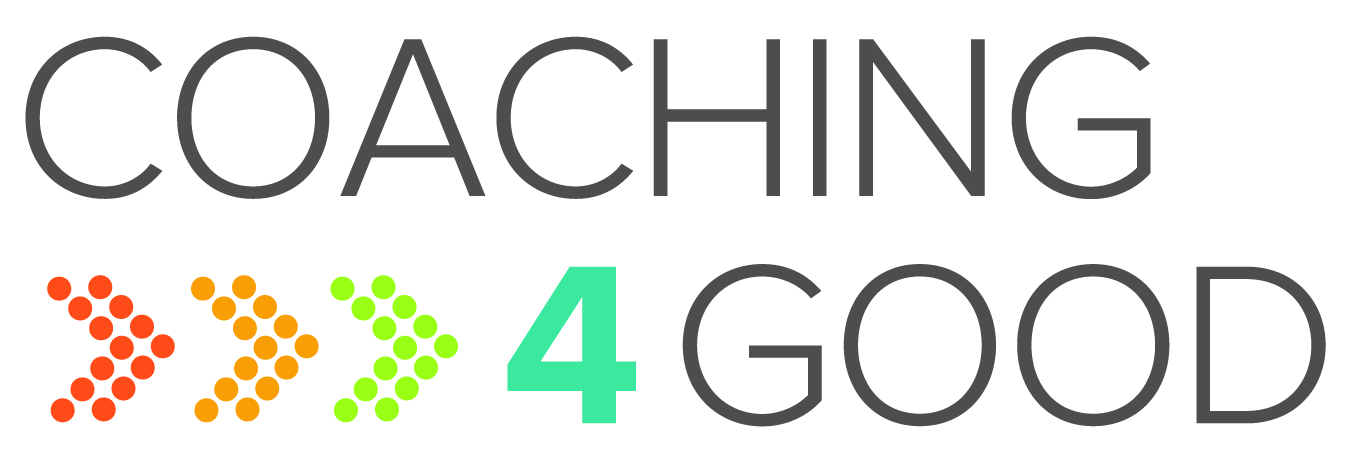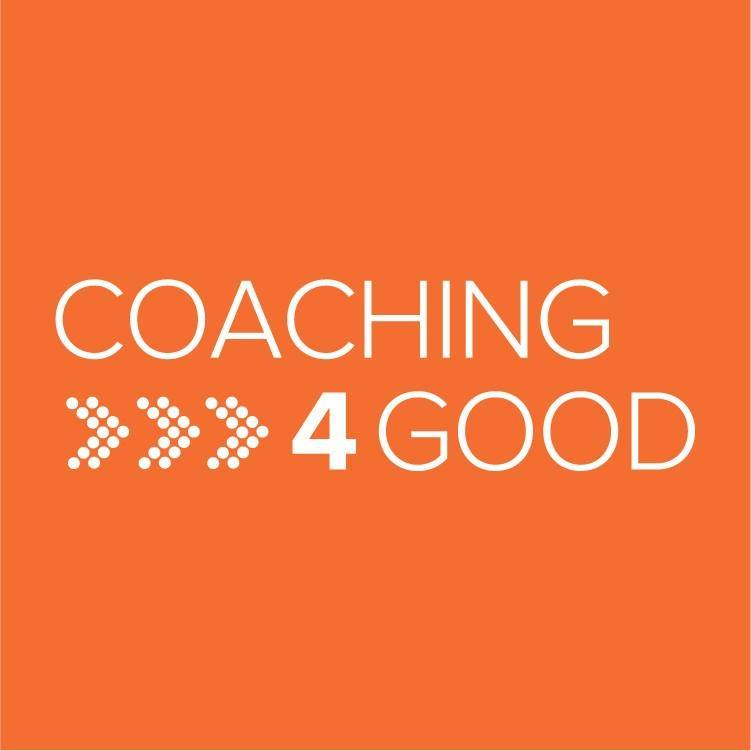
In these unprecedented times, working parents are trying to navigate full-time employment while also running a homeschool. The stress to produce at work while managing your child’s learning can be challenging at best, and overwhelming and frustrating on the bad days. Nevertheless, this is your new reality. As you endeavor to make it all work, it’s clearly going to require some finesse.
Finding Solutions for Short-Term Homeschooling
Although I work as a full-time, professional coach now, that hasn’t always been the case. In fact, just a handful of years ago I learned the core of my coaching (and refereeing) expertise while managing a household of homeschoolers. Yes, I am that woman. While I hate stereotypes, I accept that I was that mom with five kids in Walmart in the middle of a typical school day that many people stared at like I was a transient circus act.
 I was a homeschooler before homeschooling was cool. Now everyone is doing it!
I was a homeschooler before homeschooling was cool. Now everyone is doing it!
Not only are we doing it, it seems that we are reinventing the wheel in the process. I recently came across an article by The Research Academy that talked about “pandemic pods” and micro schools. I had never heard of such a thing before. The author explains:
“…pandemic pods are popping up around the country as an alternative, or an addition, to a child’s schooling this fall (if not the full academic year). Parents are quickly pivoting to create these “pods” in a targeted effort to bring a small cohort of kids together in similarly aged groups at homes, outside spaces and sometimes even commercial spaces to socialize and/or study the same curriculum plan.”
This is an interesting idea for parents who are juggling multiple responsibilities at the same time and looking for workable solutions inside the new normal.
As the COVID world continues to evolve, parents are certainly examining questions that just a year ago weren’t even on our radar: How long will we be homeschooling? What if this happens again in the future?
We are adapting our thinking and strategies to both long and short-term solutions to how we are going to safely educate our kids moving forward.
In the short term, while you sort out the best outcome for your family, let me share with you five simple tips to get you through the next few weeks and beyond.
“How do I keep my cool when my work day is continually interrupted with school?”
Expect the unexpected. For starters, much of what you’re about to do won’t go exactly to plan. The kids won’t stay on task like you want, the technology won’t be seamless, and the teachers won’t be superheroes at keeping your kids engaged while you run a company meeting.
When you signed up for kids, you introduced the unexpected. Let’s be honest, the only thing that is predictable about parenting is pretty much nothing at all.
Coach’s Answer: Expect nothing less of yourself than absolute flexibility. When your rigidity starts taking over in a moment of unexpected surprises, rather than planting your feet firmly in your own expectations, use visualization to see yourself moving. Imagine how a river bends and sways along its course and see yourself going with the flow. Or think of a tree in the wind rocking back and forth and let yourself move with the rhythm of what is happening in the moment.
“I made a schedule and it just isn’t working. I feel like everyday’s a juggling act.”
Choose to let go of something. Accept that you are now living in the COVID work and homeschool dichotomy with creatures who’s default operating system is chaos. This means that working full time while also running a home school is most likely going to have moments of being nothing less than a three-ring circus.
You might note that you’ve spent your entire adulthood striving to keep your own tendency towards chaos in order (with varying degrees of success). Do yourself a favor and let go of the idea that your underlings are going to miraculously keep their online school experience in any kind of order. No amount of scheduling or structure will contain their natural migration towards undoing everyone’s plans.
Coach’s Answer: Make a list of five things that have to be in order for you to survive the homeschool circus. Now make a list five things you are willing to let go of to keep the peace. Then let go.
“Why does it feel like everyone I talk to has this homeschool thing figured out, but I am a mess?”
Pause your perfection. Let me go on the record that I am a reluctantly recovering perfectionist. Let me also be clear that homeschooling and perfection rarely go hand in hand. In my homeschool experience, perfection was generally less about doing things successfully and more about doing things my way! My way was also the way that made me look like a fantastic parent to the rest of the world.

I love this quote from Breńe Brown: “Perfectionism is not the same thing as striving to be your best. Perfectionism is the belief that if we live perfect, look perfect, and act perfect, we can minimize or avoid the pain of blame, judgement, and shame.”
I remember well how it tortured me to allow my fashion-sensitive, extremely stubborn five-year-old to go out in public wearing his favorite red shirt as pants! I did and it was far from perfect parenting. But the honorable mention for non-perfectionistic parenting has to go to my friend Pam, who is still a legend for letting her kids wear their swim goggles to church.
Coach’s Answer: Now is a good time to pause your perfectionist. Things might get a little messy from time to time, but long after your home school experiment is over, you will still be finding glitter in the grout between the tiles on the kitchen floor. I hate glitter, but as I look back at the time that has passed, finding glitter now would be like finding treasure. I would hold it on my fingertip and remember my beautiful, spunky, hazel-eyed girl that put it there. Some things are better than perfection.
“It seems like everything is so complicated. Why does this have to be so hard?”
Ask easy questions. As adult-level problem solvers, we are experts at both asking and answering the hard questions of life. Some of the hard questions that come up during homeschool sound like: “Why did you hit your brother? When are you going to clean your room? Why can’t you two get along for 10minutes? Why is your sister crying?”
You are running a home school during a pandemic, so this may not be the best time to tackle the hard questions in the family that are akin to solving world hunger. Some hard questions have to be addressed and answered now, but some might be better off stowed in the closet until after the quarantine is over. Rather than focusing on the hard questions in your life, stick to the basics for a while.
Coach’s Answer: When you are tempted to ask a hard question, stop yourself. Ask an easy question instead. Practice asking your family some easy questions and think of the easiest questions you can possibly imagine: What do you want for lunch today? Who’s ready to take a quick walk around the block? If you were an animal right now, what would you be? Who wants to play a 10-minute game of “this or that”? (Which sounds like: Pizza or tacos? Cats or dogs? Summer or winter?)
“I want to make the best of this time with my kids, but I just don’t know how to pull it off.”
Let yourself laugh. I remember my sister-in-law saying to me once, “Cathy, I am saying things that no human was ever meant to speak.” “Like what kind of things?” I asked. She replied, “Yesterday, I said to my youngest son, ‘Why are you standing in the toilet?’ Honestly, I don’t even know who I am anymore. Who says that?”
Homeschooling your kids can be an incredibly funny business. You’re going to have opportunities to have a really good laugh if you’re willing to see them. Laughter is truly the best medicine. It reduces stress, lowers your cortisol levels and cues some much needed endorphins. Plus, during this crazy time, it’s cheaper than therapy!
Coach’s Answer: Look for those opportunities to laugh. Your ability to see humor in the day-to-day struggle to make it all work will transform the whole experience for you and for your kids. Don’t cry over spilled milk. Surprise them and laugh instead.
Bonus Coach Tip: RELAX. The weight of facilitating your kid’s education successfully is a heavy one, but it’s going to be okay. Take a deep breath and inhale certainty into your lungs. You aren’t going to make or break your child’s entire future in a few weeks or months of doing things less than perfect.

What your kids will remember about this time isn’t going to be how well they stuck to the schedule, how many to-dos were completed, or how many hours they’ve spent on zoom. What they will likely remember is how it felt to be home with you. They will remember the blanket forts you built together and the impromptu nerf wars around the house. Mostly, they will remember your kindness, presence, and your vibrant sense of humor about the whole thing.
I imperfectly homeschooled a lawyer, a COO, a fireman, and a fitness guru. I still have one 10th grader, wrapped in a blanket, doing hours of Zoom calls from his bedroom this morning on his first day of school. I honor the reality that parenting is a challenging and messy business by its very nature. I challenge you to lean into this opportunity to grow yourself as a person and as a parent by easing up a bit on the intensity, letting go of a few things, taking a break from perfection, delighting in the unexpected and, most especially, laughing more.
Chances are, if homeschooling your kids is anything like my experience, there is going to be plenty to laugh about. Relax and enjoy the process.
Interested in more from Coach Cathy? Read her recent blog: 4 Game Changing Reasons to Hire a Wellness Coach.
Cathy Dunford is a Certified Health and Wellness Coach and Personal Trainer. Her approach to coaching is centered on meeting the unique needs of each individual client to bring about improved health, greater life satisfaction, and work/life balance. She utilizes her extensive background in health and wellness, paired with coaching psychology methods from Harvard Health, to define her holistic approach. Her coaching is grounded by the latest research in positive psychology, appreciative inquiry models, motivational interviewing, self-determination theory, and emotional intelligence.










Stay In Touch